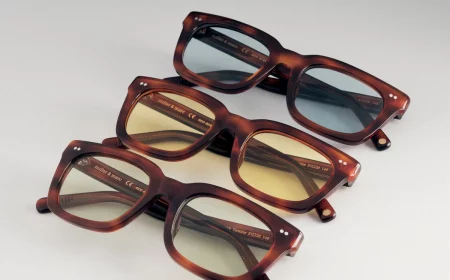5 Things You Should NEVER Clean With Bleach
Bleach is a really powerful cleaner. Thanks to its potent disinfecting ability it has become a household staple. It can come in handy quite a lot of instances. Whether you are trying to get out a tough stain, brighten your shoes, scrub away grout or you need to battle mold, bleach can help you. Well, as long as you use it correctly. This product’s strength is also its biggest problem. While bleach can help you deal with a lot of issues around the house, it can also cause you a ton of problems. Sadly, bleach is not a one-size-fits-all solution. You should be cautious when using bleach on some areas or surfaces of your home as it can cause discoloration, it can become corrosive, it may damage the surfaces, and release toxins. That’s why there are some instances where it’s best to keep this product in the cupboard. To save you from troubles, today we will share with you six things you should never clean with bleach.
Bleach is not a one-size-fits-all solution
In this article
Things You Should Never Clean With Bleach
Bleach is a cleaning powerhouse. It can do wonders around the house. However, with great power also comes great responsibility. While there are plenty of smart ways to use bleach, there are also some instances where it’s best to forget about using it. For some items and surfaces this powerful cleaner may be way too strong and ruin them. Yikes! That’s why it is very important to know on what items you should avoid using bleach. In general, it’s always a good idea to test whatever product or solution you are using on a small area to see how the surface reacts and if it is safe to continue.
There are some instances where it’s best to forget about using bleach
#Wood
If you have any natural wooden surfaces at home, like hardwood floors or a coffee table, avoid using bleach to clean them. Bleach can damage the wooden surface and cause discoloration. However, discoloration is the least of the problems. Woods is a porous material. Once bleach makes its way deep into the material, it starts to cause trouble. This strong chemical can cause a breakdown in the wood’s natural structure wearing it out faster and making it more susceptible to damage.
Bleach can damage the wooden surface and cause discoloration
#Colored fabrics
Bleach has been used in people’s laundry routines for decades. While it truly is amazing at brightening white clothes, this cleaner should be used with caution. If bleach gets on colored fabrics it can create a real disaster. Even a drop is enough to create fading, color loss, and changes in the hue of your favorite colorful t-shirt. There are plenty of color preserving detergents and color-safe spot treatments that you can use instead of bleach. Otherwise, you will be left with permanent stains and ruined clothes. In general, keep bleach away from color, this also goes for paint and painted items.
Bleach has been used in people’s laundry routines for decades
#Leather
While we’ve all heard that bleach can help you clean your leather couch or freshen up your leather clothes, it’s best to be cautious. Yes, some bleach won’t cause your leather goods to disintegrate. However, since this product is very powerful, it can strip away all the natural oils in the leather. Without these oils the material will become dry and brittle. Over time this will result in cracks and discoloration. That’s why it’s recommended to use leather-specific cleaners to maintain your leather goods.
Bleach can strip away all the natural oils in the leather
#Metals
Whether you have a stainless steel kitchen that needs cleaning or you simply want to give your old pans a good scrub, make sure you don’t reach for the bleach. This product is simply way too strong for this material and will leave it ruined after you clean it. This is because bleach can corrode and oxidize metals, which means that they will rust. The rust itself can be removed on some levels but will cause discoloration and it can even impact the structural integrity of the material. Thanks why it’s best to keep the cleaner far away from anything that is stainless steel and metals in general.
Bleach can corrode and oxidize metals causing them to rust
#Stone countertops
If you have beautiful countertops made from granite, marble, or quartz then forget about using bleach to clean them. These materials all have a porous surface which means that they have tiny holes, cracks, or spaces in which liquid and air can pass. So, if you use bleach it will soak into the countertop and wreak havoc on the beautiful material. Bleach may also cause damage to the sealant used on the stone and create discoloration of the surface. Once the sealant is broken and the bleach is deep into the stone, it will only continue to create damage and cause your countertop to stain and deteriorate.
Bleach will soak into the countertop and wreak havoc on the beautiful material
These are some things you should never clean with bleach. We hope you found this article useful. Now that you know what you should avoid cleaning with this mighty product, you can save these items and surfaces from any potential damage the bleach might have caused.
These are some things you should never clean with bleach


















